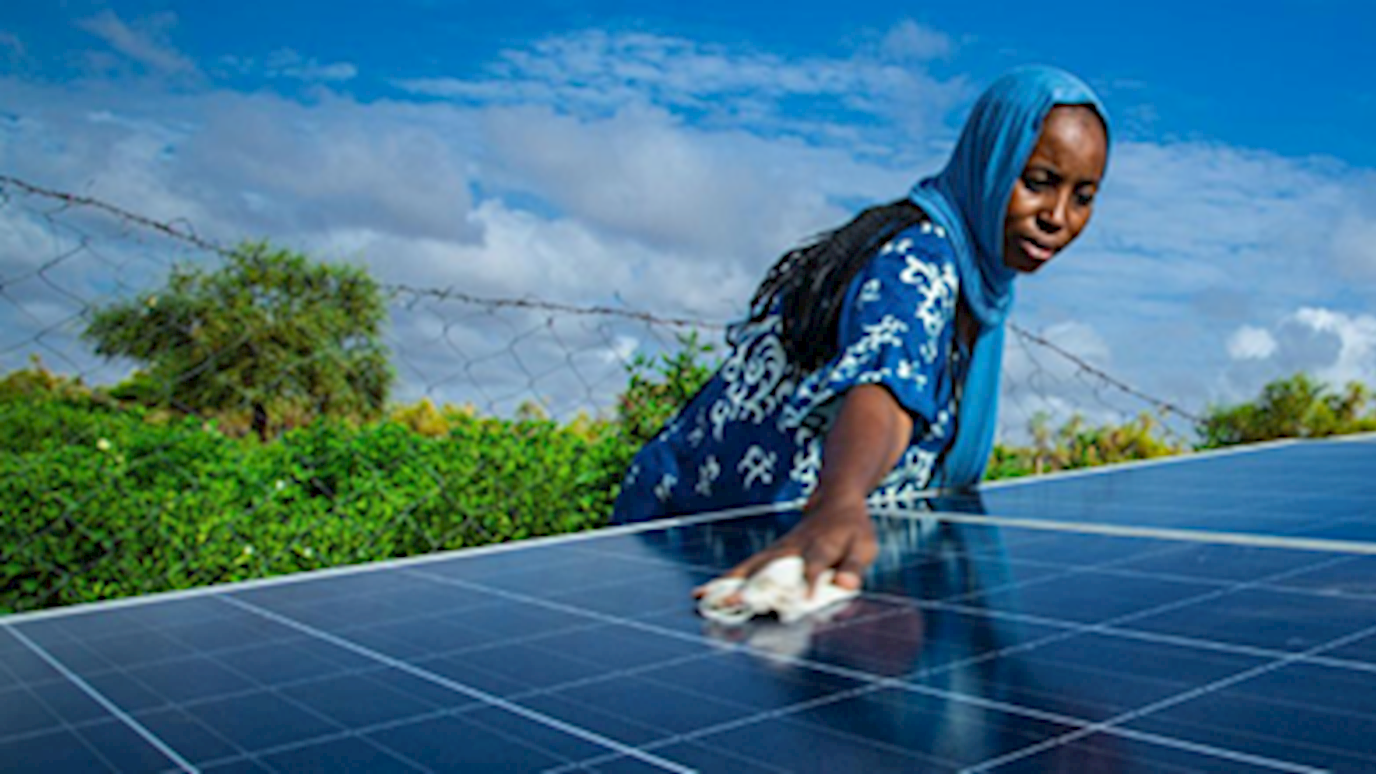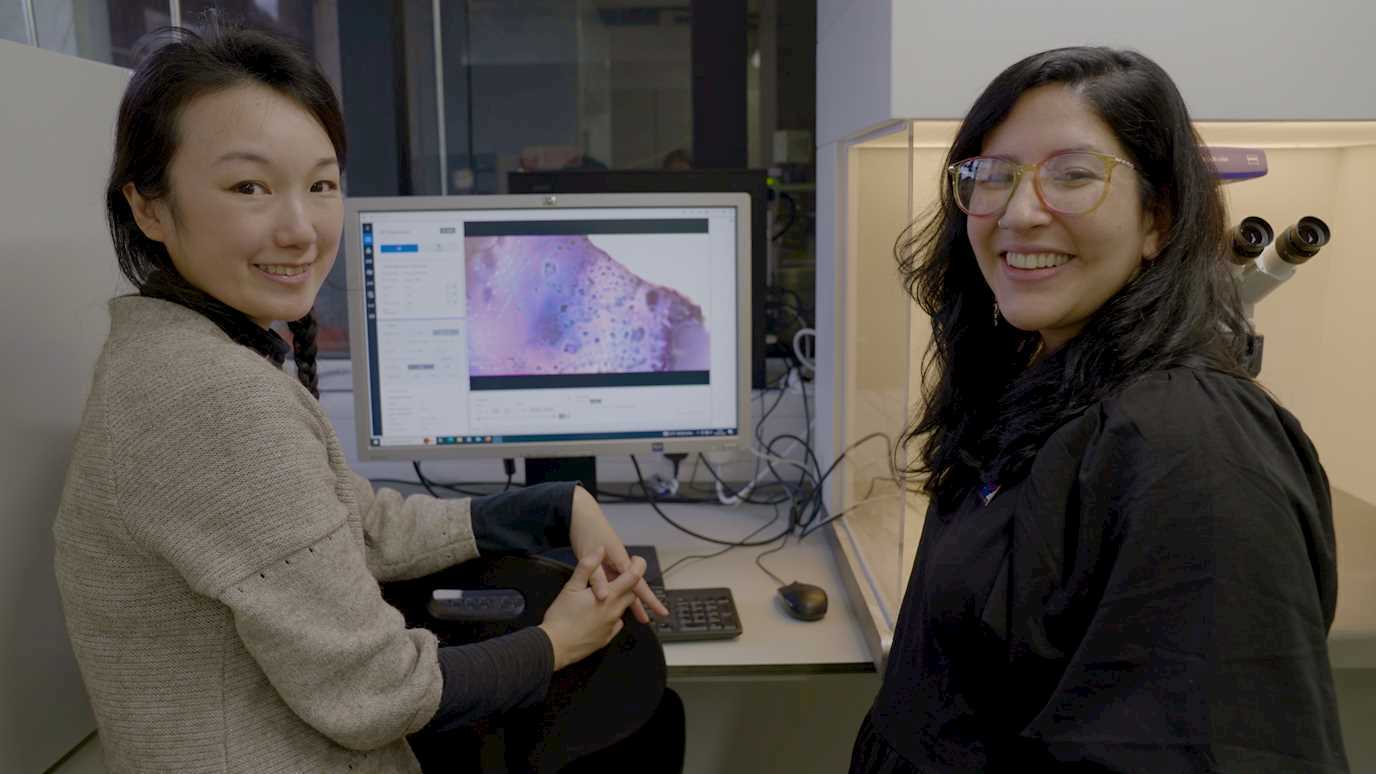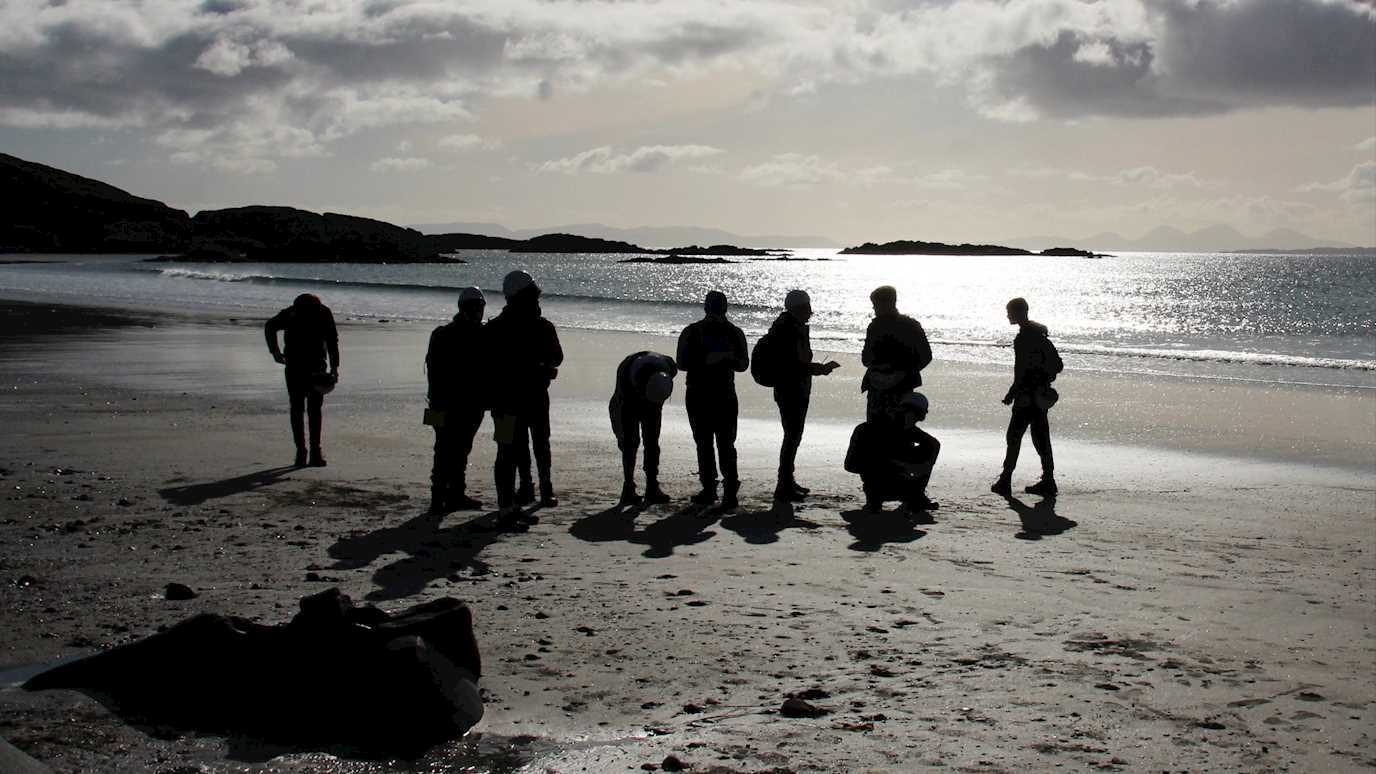The Department of Earth Sciences at Royal Holloway celebrates today the United Nations International Day of Clean Energy (26 January).

Availability of affordable and sustainable energy is a key global challenge that communities around the world will face for decades to come. In the Department, we strongly advocate the International Energy Agency 'Net Zero by 2050' pathway which envisages a profound transformation of energy systems to embrace clean forms of energy such as wind, solar and geothermal energy.
Within this energy revolution we recognise the pivotal role of geoscientists in deploying new technologies such as subsurface energy storage for intermittent renewable energy as well as carbon capture and storage (CCS) that are critical to the transition to a zero-carbon world. Geoscientists will be leading exploration of new geothermal resources and energy critical minerals that underpin the electrification of our societies. At Royal Holloway, we propose two interlinked academic pathways, the BSc in Geosciences and Sustainable Energy and the MSc in Energy Geosciences which aim to train the next generation of geoscientist who will enable the energy transition and meet the net-zero global challenge.

Figure 1: Energy Geosciences MSc students visit the geothermal Eden Project in Cornwall.

Figure 2: Our students learn how to use reflection seismic to assess the subsurface. In the picture above, our lecturer demonstrates the importance of seismic to monitor CO2 injection in deep reservoir rocks.
























